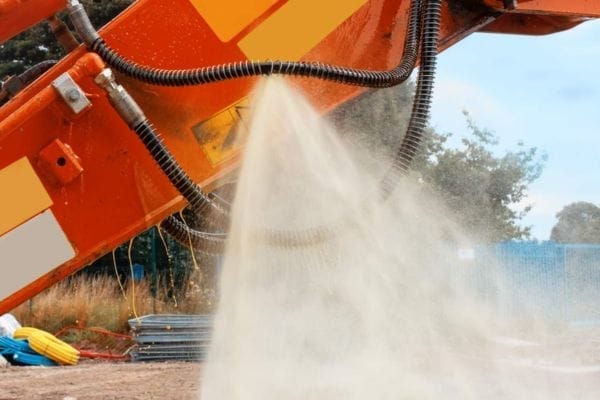Helpful Farm Definitions
It doesn't hurt to refresh your agricultural vocabulary.
The other day, I happened to be riffling through the dictionary for a word when I randomly flipped to the page that contained the entry for tractor. I couldn’t help but stop and refresh my memory. According to Merriam-Webster, a tractor is a powerful motor vehicle with large rear wheels used chiefly on farms for hauling equipment and trailers.
What a terrible definition! It’s almost as if lexicographers, trained in etymology and semantics, have little real-world knowledge of the defining qualities and singular characteristics of the mighty tractor. As an English major, who happens to own two tractors (or be owned by two tractors—I’m not sure which), I feel uniquely qualified to offer a slightly more accurate definition. A tractor is a sedentary piece of machinery with large flat rear tires used chiefly on farms to play roulette by guessing which hydraulic hose will burst next.
This pairs well with my definition of a farm: a farm is a rural open air casino where people can gamble wholesomely on the propagation of crops, but where Mother Nature and the Banker always win in the end. From this bedrock definition of a farm, you can then derive many other farm terms:
A farmer is a person missing a finger who is addicted to gambling on the propagation of crops.
A farm hand is a young in-law who primarily performs grunt work and dangerous tasks and whose fingers and hands are still intact but generally considered disposable.
A farm dog is the dog that runs off with the finger after the severance.
A regenerative farm is dedicated to the regeneration of soil and missing fingers through adherence to ancient and wise agrarian texts.
A goat is an animal that trained at Houdini’s School for Escape and Get Away.
A pig is animal certified in farmer psychoanalysis and talk therapy.
A cow is an animal with four stomachs, but with such poor sense that it fills them all with grass.
A chicken is the smartest animal in the barnyard kingdom, due primarily to its ability to scam farmers into building elaborate coops and enclosures in exchange for a few fresh eggs.
A fox is a wild animal that has evolved to infiltrate elaborate coops and enclosures and ruin the asset-to-income ratio for the production of a few fresh eggs.
A farmers’ market is where a happily married man goes to sell produce and a few fresh eggs, only to have a fight off a bunch of presumptuous women who keep asking him about his spraying habits. Apparently, the sight of homegrown tomatoes is an aphrodisiac.
An old farmhouse is a multigenerational domicile whose primary function is to provide shelter for annoying ancestral ghosts, all of whom are extremely opinionated about the never-ending home improvement projects of the living inhabitants.
Hopefully, these definitions give you a clearer picture into the true nature of life on a farm, or at least my life on a farm, which, I admit, may not be indicative of others’ experiences, especially for farmers more competent than I am. Oddly, despite the generally harrowing nature of the above definitions, I would define farm life as a generally pleasant and rewarding way to spend one’s days on Earth.
Do you have any helpful farm definitions you’d like to add to the list?



I absolutely love this! I’ll have to come back to suggest additions to your list but I’d at least say livestock’s main job is to stress their owners out in exchange for the goods they provide.
What farmer hasn’t experienced the unexpected blowout of a hydraulic hose, exploding with a spray of hot oil all over the machinery and tractor? This was especially memorable before tractor cabs. (!)